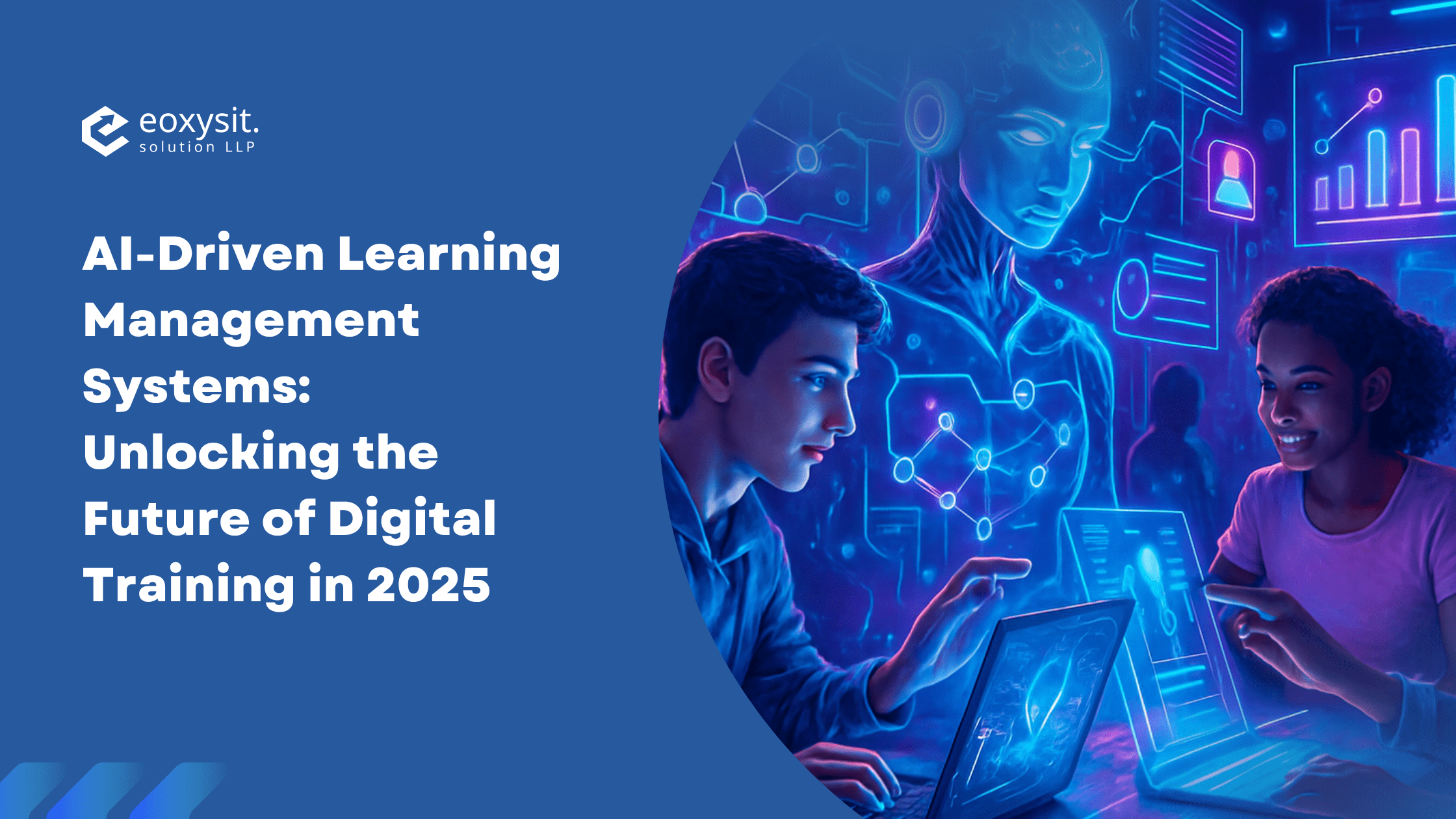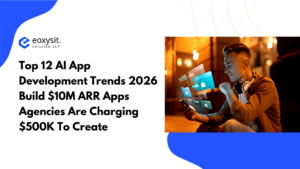AI-Driven Learning Management Systems:
Unlocking the Future of Digital Training in 2025
Digital Learning Transformed by Artificial Intelligence
The world of online education and employee training bears little resemblance to what it was even five years ago. In 2025, Learning Management Systems LMS) across the USA and worldwide are undergoing rapid transformation, with artificial intelligence at the very core. AI-powered LMS platforms do far more than deliver content and track progress—they personalize learning, automate administration, predict learner outcomes, and even generate custom curriculum in real time. This article explores how AI is reshaping LMS technology, outlines the latest features, and offers practical guidance for organizations seeking to future-proof their learning strategies.
What is an AI-Powered LMS?
An AI-powered Learning Management System infuses machine learning, natural language processing, and analytics into every stage of training and education—from enrollment to certification. The goal is to maximize every learnerʼs potential, streamline operations, and deliver measurable ROI for schools, enterprises, and government agencies.
Key Features of AI Driven LMS Platforms:
- Personalized learning paths: Content and assessments adapt automatically to user strengths, weaknesses, and preferences.
- Intelligent automation: Enrollments, reminders, and grading are handled by intelligent agents, saving valuable time for administrators and educators.
- Predictive analytics: Early warning systems spot disengaged students or employees at risk of falling behind, allowing for timely support.
- Smart content generation: Generative AI creates quizzes, flashcards, summaries, and even course recommendations based on learning objectives.
- Conversational and voice interfaces: Chatbots provide instant support, guide course selection, and answer common learner questions.
The AI Advantage: Why Intelligent LMS is the Future
1. Hyper-Personalized Learning at Scale
With AI, learning experiences are far less “one size fits all.” Adaptive systems assess each learnerʼs pace, style, and knowledge gaps to recommend the right content at the right time. This level of personalization boosts course completion rates, knowledge retention, and user motivation—directly impacting organizational outcomes.
2. Data-Driven Decision Making
Traditional LMS platforms provide lagging indicators (such as course completion rates). AI, however, analyzes real-time activity and learning patterns, helping organizations proactively adjust content, intervention strategies, and resource allocation for better outcomes.
3. Automation That Frees Human Talent
AI-powered automation handles repetitive admin work, enabling educators and L&D (learning and development) teams to focus on mentoring, strategic planning, and community building.
4. Real-Time Feedback and Continuous Assessment
Intelligent LMS systems offer on-the-fly feedback, microlearning bursts, and instant grading. Learners adjust their path immediately, without waiting for manual review or generic feedback.
Top AI-Powered Features in 2025ʼs Most Advanced LMS
Adaptive Content Curation
AI algorithms examine user goals, preferences, and past performance—curating content libraries on the fly. Recommendations range from videos and interactive simulations to podcasts and peer discussions.
Emotion and Engagement Analytics
With advanced computer vision and sentiment analysis, AI can measure user focus, frustration, or excitement, prompting motivational nudges or suggesting breaks.
Advanced Gamification and Motivation
Game-based learning, powered by AI, adjusts challenges to each learnerʼs ability—bringing personalized rewards, leaderboards, and pathways for both high achievers and those needing extra support.
Automated Skill Assessment and Mapping
Machine learning cross-references skills to industry standards, identifying gaps and recommending learning paths for individuals and teams. This is a cornerstone of talent management and workforce planning.
Natural Language Q&A and Chatbots
Modern LMSs integrate AI chatbots (using NLP) to tutor, answer FAQs, assist in onboarding, and diagnose learning roadblocks—24/7, multilingual, and always on.
Industry Applications: Use Cases for AI in LMS
- Corporate Training: Custom onboarding journeys, just-in-time compliance, and role-based upskilling at scale.
- Higher Education: Personalized tutoring, plagiarism detection, adaptive testing, and alumni engagement.
- Healthcare and Specialized Fields: Continuous learning with scenario-based assessment, remote credentialing, and emergency response simulations.
- Government & NGOs: Gamified public training, intelligent reporting for grants, and adaptive diversity & inclusion modules.
Barriers and Considerations
Data Privacy and Ethics
AI in LMS means more data—personal, behavioral, and even biometric. Top vendors address this through robust access controls, transparent algorithm explanations, and compliance with FERPA, GDPR, and CCPA.
Integration with Legacy Systems
Many organizations still rely on older infrastructure. The best AI-driven LMS options offer modular deployment, open APIs, and pre-built integrations—making transformation realistic for institutions of all sizes.
User Training and Change Management
Effective adoption requires buy-in from both L&D teams and end-users. Successful rollouts focus on hands-on training, clear communication of benefits, and continual support.
Outlook: Key Trends Ahead for AI and LMS
- Generative AI in content creation will become standard for generating micro-lessons, scenarios, and assessments.
- Voice-driven and conversational learning interfaces will grow, making learning more accessible and accessible to users with disabilities.
- Skills-based analytics will drive personalized career pathways and support lifelong learning initiatives.
- AI-powered compliance monitoring will ensure organizations keep pace with regulatory requirements in a complex global environment.
Conclusion: Preparing for LMS Transformation in 2025
AI is fundamentally changing every aspect of learning management—unlocking unparalleled personalization, automation, engagement, and insight. For educational leaders and business executives, now is the time to evaluate platforms, invest in smart features, and plan for an AI first future.
By making the shift toward AI-powered LMS solutions, your organization can future-proof its training, boost productivity, and foster a culture of continuous growth.




